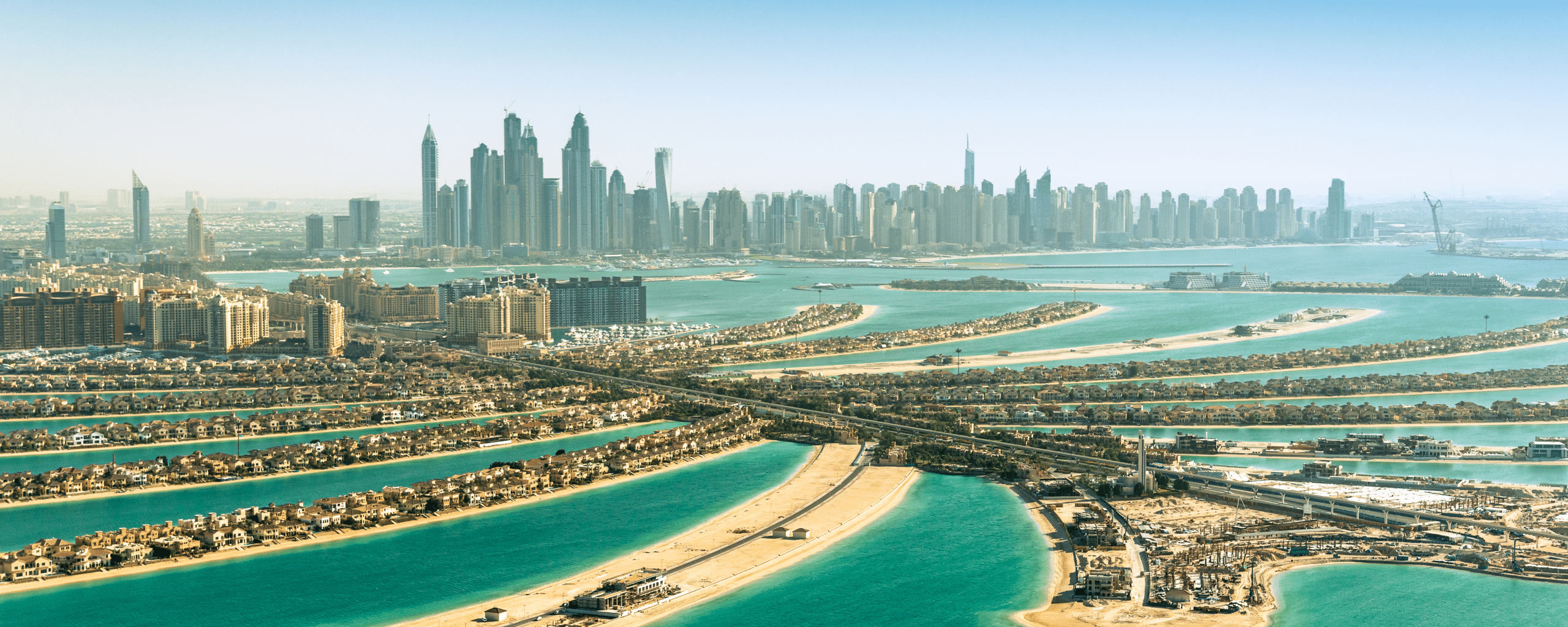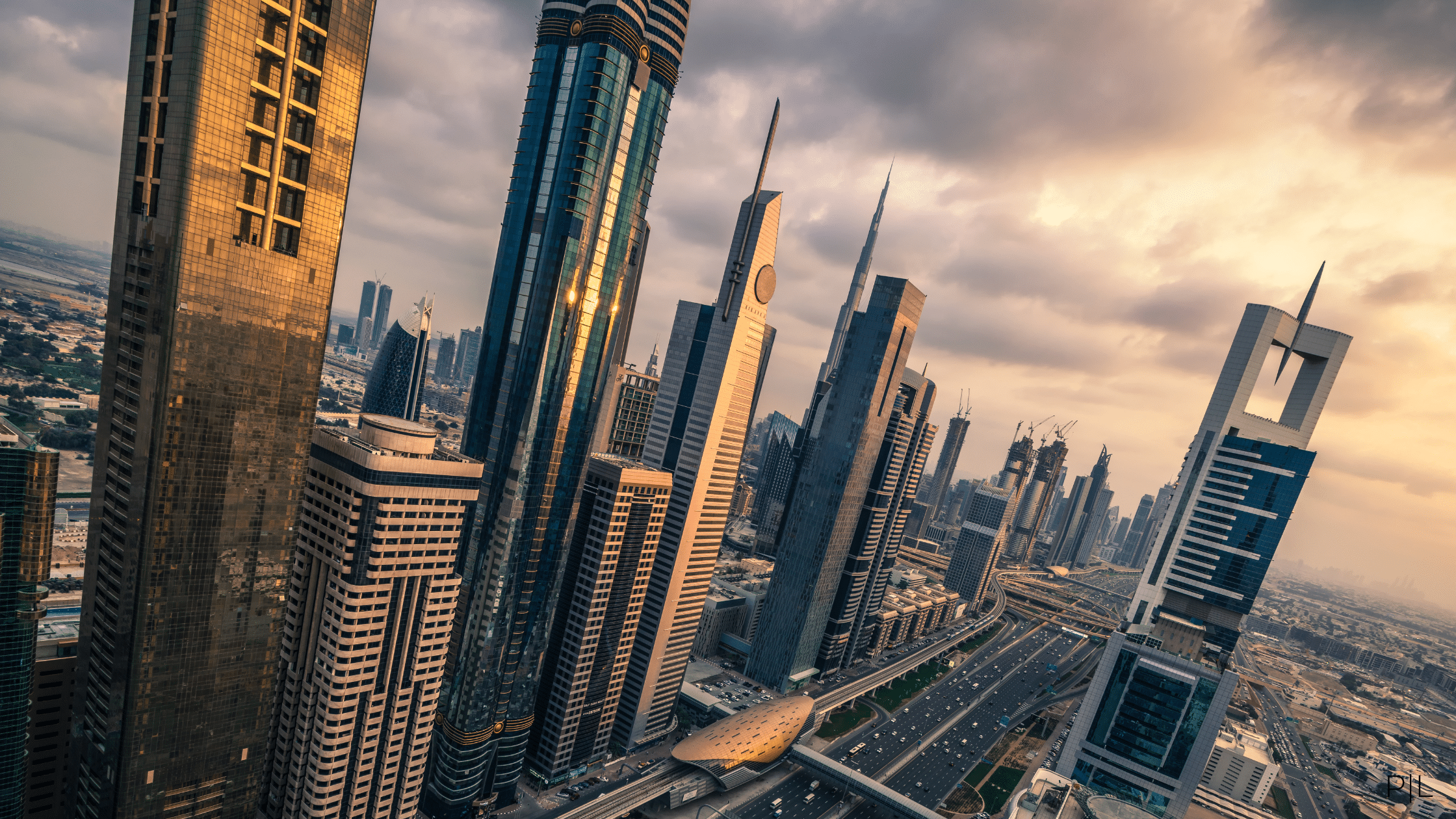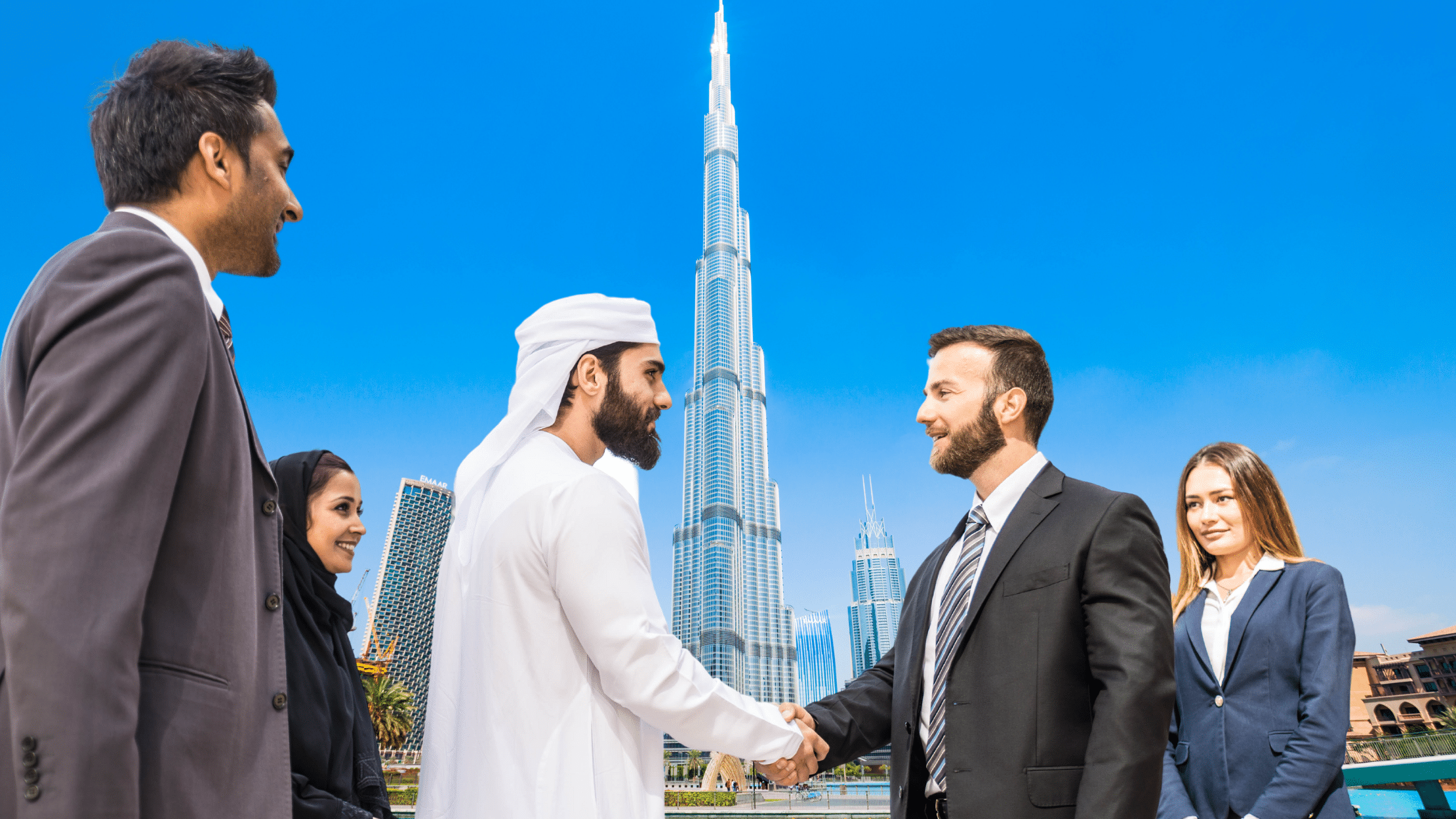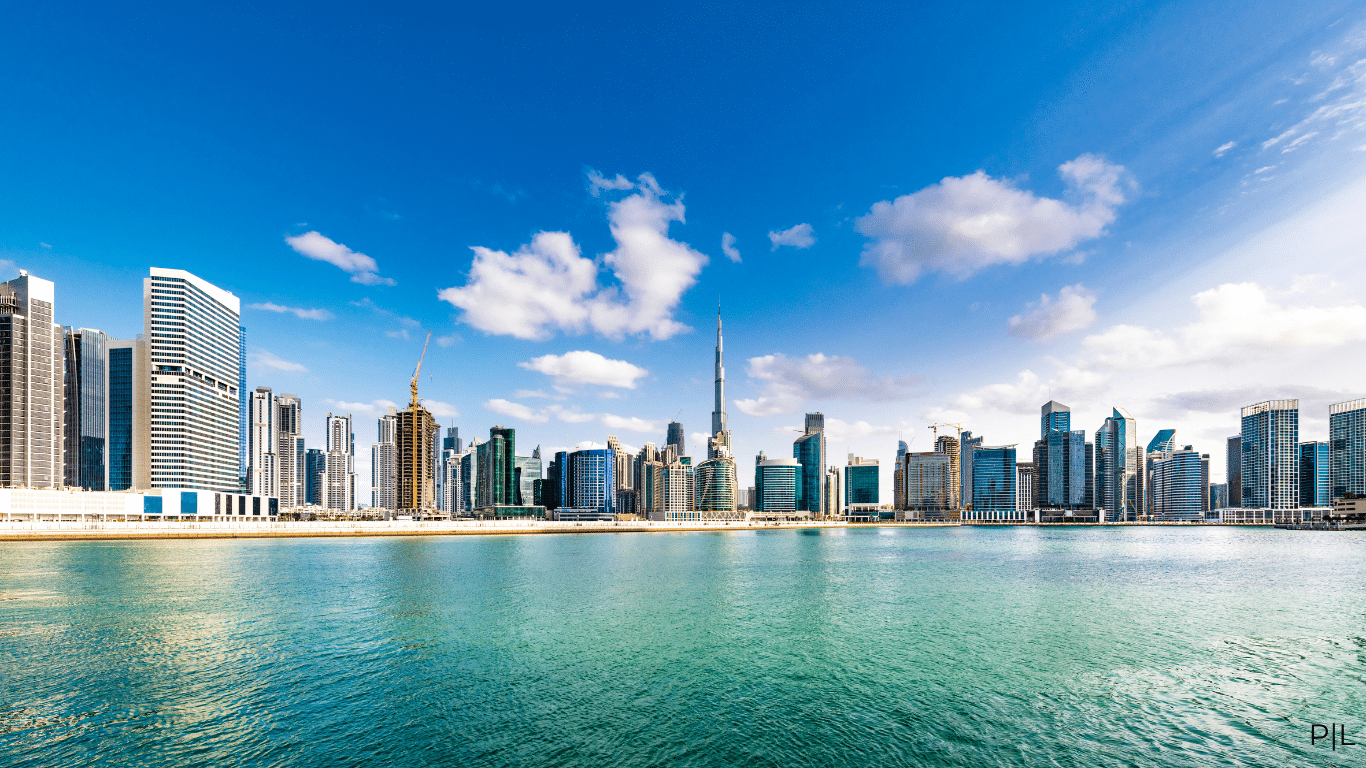
Dubai’s Real Estate Sector Addresses Oversupply Worries Amid Surge in High-End Developments
As Dubai witnesses a notable increase in high-end real estate projects, from exclusive branded residences to expansive estates, industry specialists are confidently addressing any concerns regarding oversupply. This proactive stance is particularly noticeable in light of the significant project announcements from major developers like Emaar, Fairmont, DAMAC, Four Seasons, and Nobu.
Ayman Youssef, Managing Director at Coldwell Banker UAE, comments, “The market for branded residences in Dubai is robust and not oversupplied.” He highlights the unique value added by certain hospitality brands, especially when these projects incorporate hotel components, stating, “Investing in these branded residences today presents a win-win, offering market resilience.
Expected to be completed between 2025 and 2027, these developments have sparked some speculation about potential oversupply. Sean McCauley, CEO of Devmark, recognizes the possibility of market saturation but emphasizes Dubai’s historically resilient and adaptable property market. Echoing this sentiment, Taimur Khan, Head of Research at CBRE UAE, asserts that an oversupply in the luxury segment is unlikely, given the smaller scale of recent launches.
Khan notes, “The luxury market is absorbing these developments effectively. We’ve historically had a shortage in this segment, and these new projects are addressing that gap.” He adds that most of these projects boast a high absorption rate, indicating healthy market demand.
DUbai has increasingly become a part of the average HNWI’s investment portfolio, attracting residents from cities like New York, Singapore, & Paris
Dubai’s real estate market has seen over AED 364 billion in sales since January, as per the Dubai Land Department. McCauley believes the branded residences sector is far from its peak, citing an ongoing demand for super prime luxury residences.
The market continues to attract international investors from Russia, China, Europe, and India, drawn by Dubai’s safety and lifestyle. Lewis Allsopp, CEO of Allsopp & Allsopp, points out the increasing trend of international clients considering Dubai for residence, driven by its comparative value and safety amidst global geopolitical tensions.
There’s also a noticeable shift in local homebuyers, with homeownership rates rising to about 30%, a 10% increase from pre-pandemic levels. This surge is attributed to Dubai becoming a more permanent destination for expats, facilitated by flexible visa options and escalating rent prices. “People who were renting two years ago are now buying,” Allsopp explains, indicating a changing dynamic in the property market.
Despite the influx of luxury segment launches, Allsopp notes, “There’s still a lag of new residents and a need for new projects to meet Dubai’s population growth goals.” He adds that developers are taking a cautious approach to project launches, ensuring a balance in the market.
However, the mid-market segment is lagging compared to the luxury sector. Allsopp stresses the importance of continuing affordable housing launches, as the majority of the population cannot afford luxury housing.
While developers in Dubai are launching new projects with caution, the luxury real estate market continues to demonstrate robust growth and resilience, with a focus on meeting both current and future demands. To learn more about how you can benefit from the growth taking place in the Dubai real estate market, visit Why Dubai.






